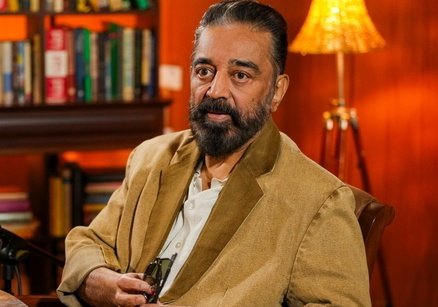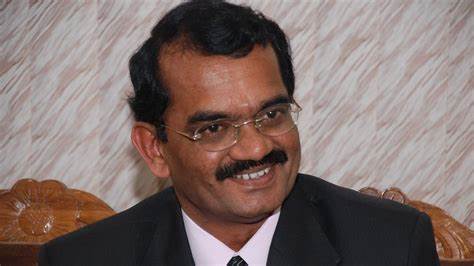Kamal Haasan’s Karnataka Showdown Hits a Wall
In a sharp and unexpected turn of events, the Karnataka High Court firmly denied Kamal Haasan’s plea to release his latest movie in the state. The court minced no words, stating: “You may be Kamal Haasan or anybody. No citizen has the right to hurt sentiments.” The HC further pointed out that the people of Karnataka only asked for an apology, but the actor chose not to offer one, instead pushing for commercial release rights.
The verdict has reignited a national-level debate over the limits of creative freedom, regional sensitivity, and the social responsibility of public figures. Kamal Haasan, a celebrated actor known for his progressive cinema, has now found himself at the center of a controversy that’s less about cinema and more about accountability, cultural respect, and the politics of expression in India.
🚨 KAMAL HAASAN : My movie should be released in Karnataka.
— Times Algebra (@TimesAlgebraIND) June 3, 2025
KARNATAKA HC 🔥 : "You may be Kamal Haasan or anybody. No citizen has the right to hurt sentiments"
"You want to earn some crores from Karnataka. Why do you want the film to run in Karnataka? Leave it.
"What People… pic.twitter.com/XbTZLxjYr9
Sentiments vs Cinema — A Tightrope Walk in India
India’s diversity is both its strength and its most sensitive faultline. Whether it’s language, culture, religion, or politics, public sentiment in various states often shapes what can and cannot be said or shown in cinema. The Karnataka HC’s harsh words to Kamal Haasan underline this reality: “You want to earn some crores from Karnataka. Why do you want the film to run in Karnataka? Leave it.”
This is not the first time a public figure or film has run into regional backlash. From Padmaavat to The Kashmir Files, the intersection of cinematic storytelling and regional pride often turns into a legal and political flashpoint. What makes this case different is the HC’s unapologetically stern tone, which essentially tells one of India’s most iconic actors that celebrity status does not excuse cultural insensitivity.
Kamal Haasan, who has long championed freedom of expression, is now accused of choosing box office numbers over empathy. The court’s interpretation—that the actor prioritized commercial gain over moral accountability—could set a precedent. Whether one agrees or not, the ruling sends a strong message: freedom of expression is not absolute when it tramples upon the emotional fabric of a community.
The Cost of Not Apologizing — Public Trust vs Box Office
The HC’s central criticism wasn’t the content of the film but Kamal Haasan’s refusal to apologize. “Look at the attitude,” the judge said, implying that a simple gesture of remorse could have resolved the issue. Instead, the actor and his legal team pushed for distribution rights, leading the court to question his motives.
This verdict brings to light the fragile trust between creators and their audiences. In an era where celebrities have unprecedented platforms, public accountability matters more than ever. Kamal Haasan’s refusal to issue a statement of regret, regardless of legal culpability, has now been framed not just as arrogance—but as disregard for the people he wishes to entertain.
This case raises an important point: In a culturally dense democracy like India, perception is policy. A film may pass the censors, win critical acclaim, and still be denied exhibition due to local backlash or moral expectations. The Karnataka HC’s tone reinforces that art doesn’t exist in a vacuum, and creators—especially those with influence—must practice a balance of expression and empathy.
The Karnataka High Court’s refusal to allow Kamal Haasan’s film to release in the state is more than just a legal verdict — it’s a social signal. One that challenges the current celebrity-driven narrative of untouchability in the name of art. While creative freedom is a constitutional right, it is not immune to public sentiment and community respect. For Kamal Haasan, this might be a career-defining lesson in how cultural sensitivity can override cinematic liberty, especially when the audience feels slighted. For the Indian film industry, it’s a reminder that audience sentiment isn’t just a marketing metric — it’s a force of legitimacy.





















